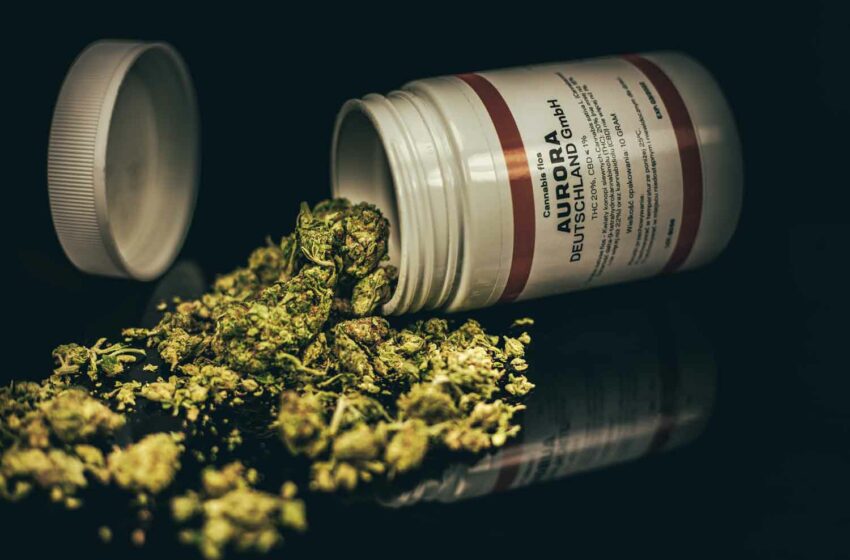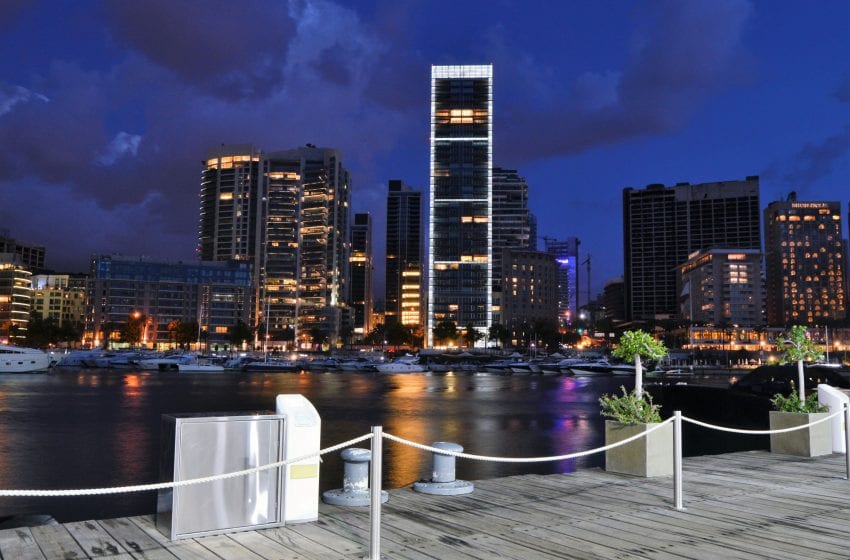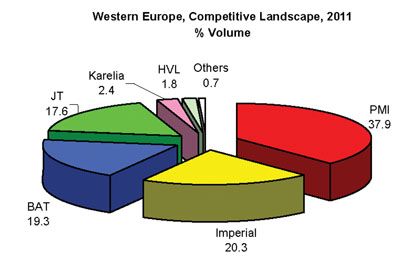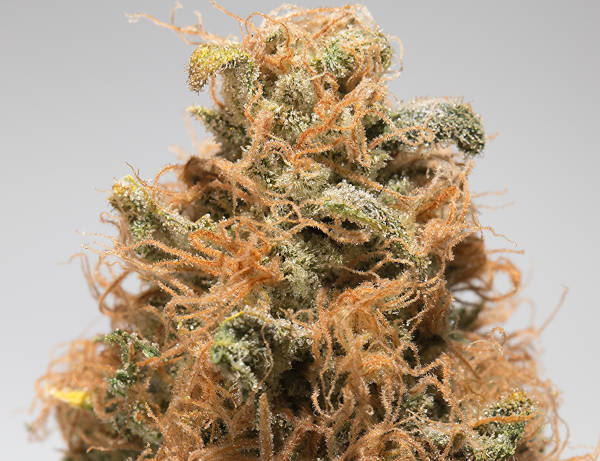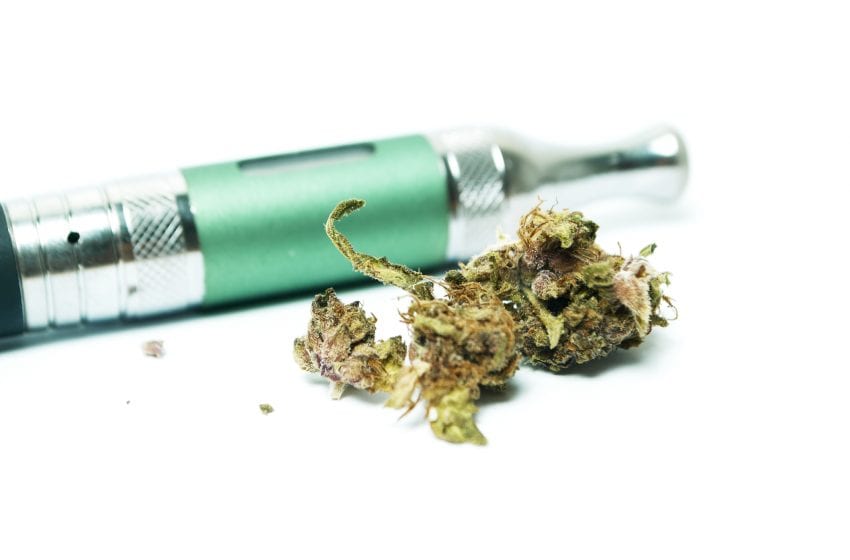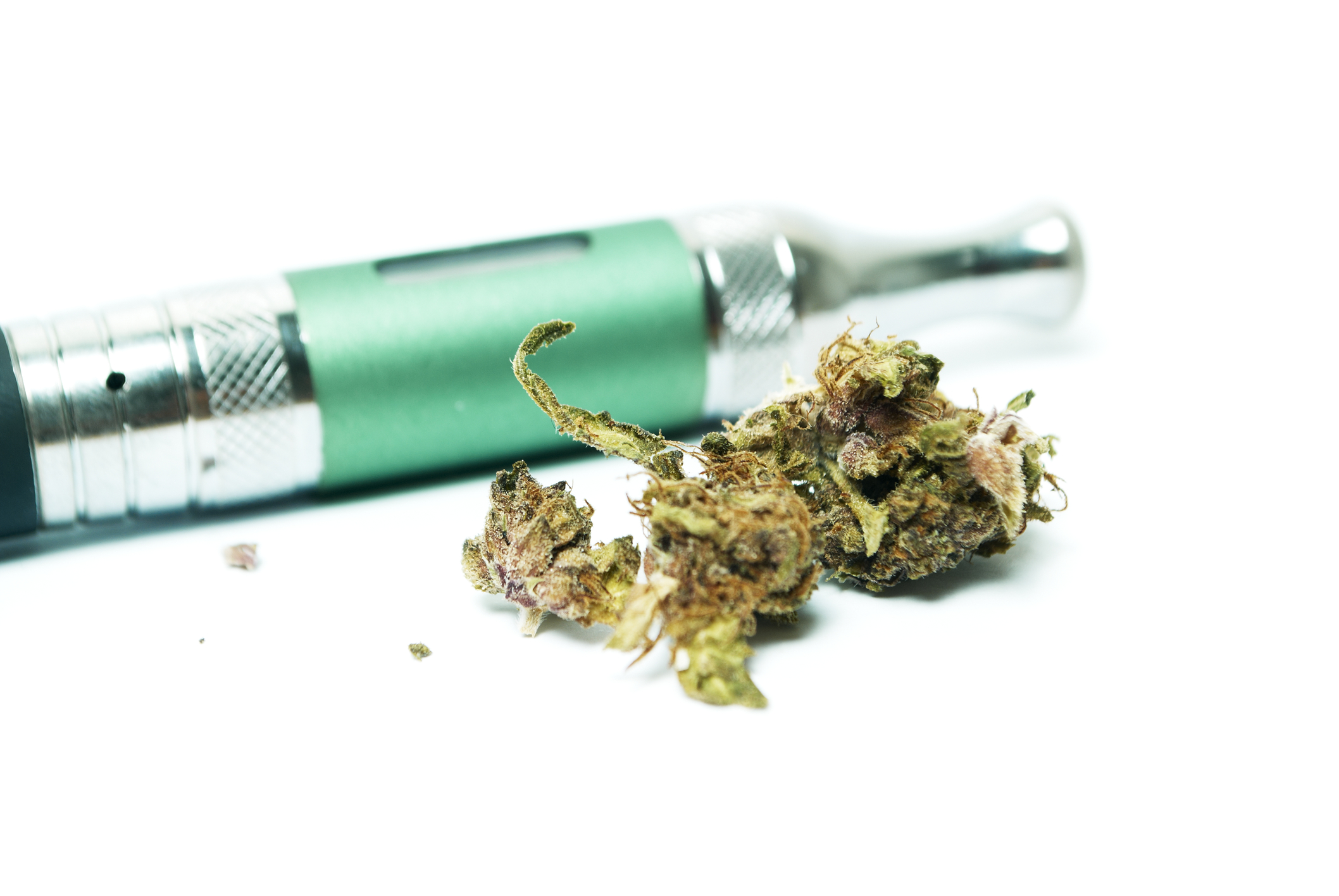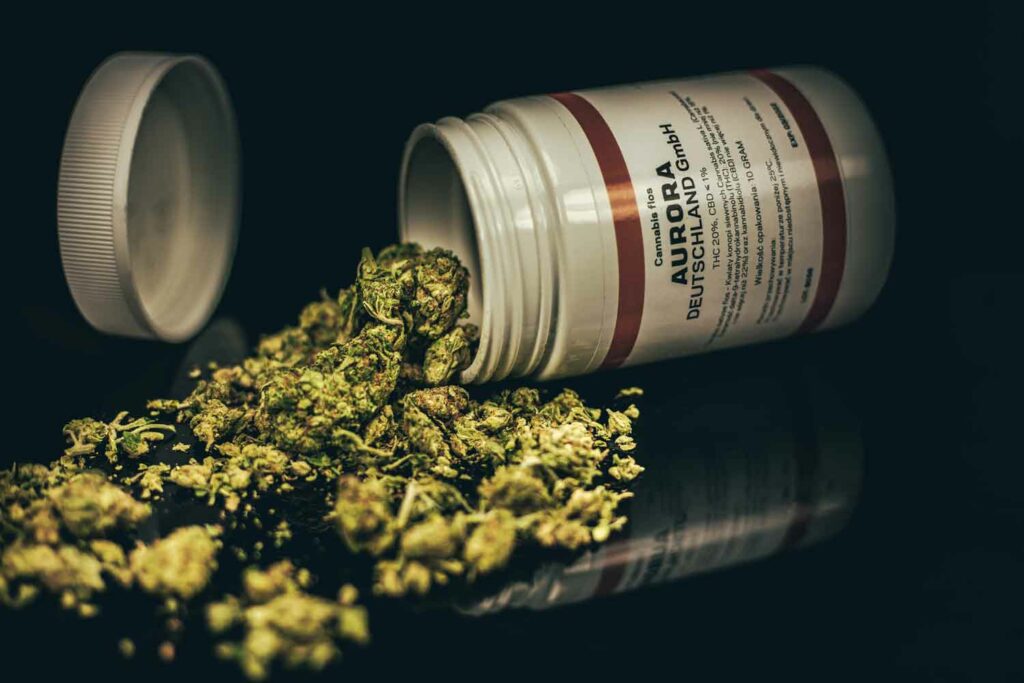
Despite regional setbacks, global cannabis sales are still getting higher.
By Stefanie Rossel
Global cannabis sales continue to grow, albeit at a slightly slower pace than before, facing headwinds in comparatively mature markets, such as Colorado or California. Euromonitor International expects the value of the global legal cannabis market to grow from $41 billion in 2022 to $98 billion by 2027. Despite increasing access and acceptance, the stigma around cannabis remains and regulatory uncertainty prevails.
The main growth drivers are innovation, investments from tobacco companies and consumer perception. Cannabis caters to the needs of consumers unnerved by economic, environmental and political uncertainties along with the spread of armed conflicts. Indeed, data from Israel’s ministry of health shows a spike in demand for a medical marijuana program one month into the war with Hamas. Meanwhile, the government of Ukraine—another country at war—is preparing to legalize medical cannabis.
Euromonitor expects noncombustible cannabis products to gain share as consumers become more concerned about their health. Further legislation of adult-use cannabis would have significant implications for other fast-moving consumer goods, according to the market intelligence providers, with innovations in cannabis involving topicals, beverages or edibles.
Alert to opportunity, the major tobacco players have already ventured into the sector. Philip Morris International has invested in Vectura Fertin Pharma, a contract development and manufacturing organization specializing in gums, pouches, tablets and other solid oral systems for the delivery of active ingredients. According to news reports dated July 2023, PMI is also planning to take over Syqe Medical, an Israeli company, which manufactures a metered-dose inhaler for pain reduction using medical marijuana.
BAT, for its part, has stakes in 13 cannabis startups. In April, the company entered a joint venture with Charlotte’s Web Holdings, a cannabidiol (CBD) producer based in Denver, Colorado, USA. Since 2021, it also holds a minority stake in Organigram, Canada’s second-largest licensed cannabis producer. In early November 2023, BAT boosted its interest in the company through a cad124.6 million ($90.15 million) investment. Last year, it invested $37.6 million in a leading German cannabis company called Sanity Group.
Imperial Brands acquired a stake in Auxly in 2019, while Altria is represented in the cannabis market through Cronos of Canada.
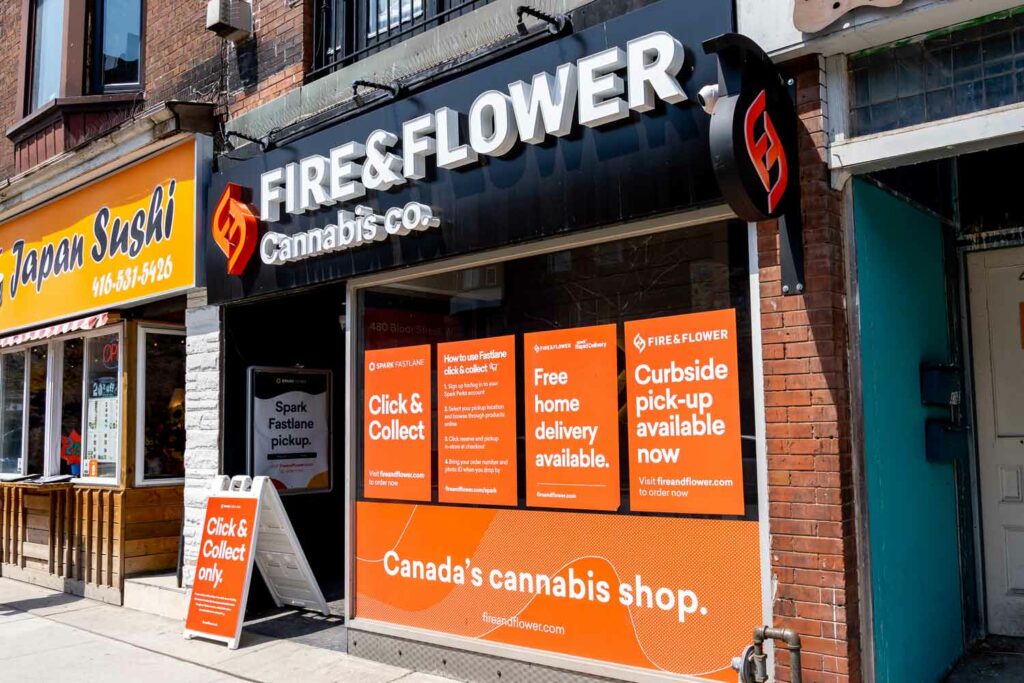
(Image: JHVEPhoto)
Successful Experiment
Presently, two markets are of particular interest for investors in the cannabis space: Canada, which in October celebrated the fifth anniversary of legal recreational cannabis; and Germany, which was supposed to legalize cannabis in November.
Canada’s government had committed itself to reviewing its Cannabis Act after three years, but the Covid-19 pandemic delayed that exercise. In October, the government published a summary of feedback provided by industry, healthcare and community groups. Its conclusions were sobering. Despite the growth of the market, companies across the supply chain are struggling to profit from legal cannabis. Legal producers are burdened by significant regulatory fees, distributor markups and taxes in a hyper-competitive market. The illicit market, meanwhile, still represents 40 percent of the business.
In their rush to compete with illegal products, sellers of legal cannabis have dropped their prices dramatically, selling products for as low as cad3 per gram instead of the cad10 per gram originally envisaged by the government. Due to advertising and packaging restrictions, communication with consumers, even to inform them about different varieties of cannabis and their effects, is nearly impossible. As a result of such challenges, several first players have exited the market or reduced manpower.
Legalization has also impacted public health: The Canadian Institute for Public Health noted that cannabis-related emergency department visits and hospitalizations increased 14 percent between 2019 and 2021. Despite its shortcomings, Deepak Anand, principal of Vancouver-based ASDA Consultancy Services, deems legalization a success. “Legalization has resulted in about a 50 percent reduction in illicit market sales,” he says, quoting a recent survey in which 48 percent of cannabis-using respondents stated that they purchased all their products at a licensed retailer.
“Retailer availability and proximity is an important metric in increasing overall market penetration and facilitating access,” says Anand. “No one expected the illicit market to disappear on day one or year five of legalization. The fact that we are at almost 50 percent reduction says a lot about the progress made.”
Altogether, 64 percent of Canadians supported legalization, according to the probe. The survey also showed that people aged 45 and older increased their cannabis intake the most of all age groups following legalization, whereas those under 17 reduced their consumption.

Legalization has resulted in about a 50 percent reduction in illicit market sales.
Deepak Anand, principal, ASDA Consultancy Services
Lessons to be Learned
Anand emphasizes that legalization is a process rather than an event and that the experiences of Canada show other countries what works and what doesn’t. Lessons, he says, include the importance of avoiding over-taxation and overregulation of a nascent industry, particularly when one of the goals of legalization is to transition consumption from illicit to licit channels.
What’s more, tax earnings derived from legalization must not be used solely to fill government coffers. “Revenues must be reinvested by providing the industry with data, research and tools to support the nascent industry and transition supply from criminal and illicit channels.”
Governments must also guard against setting the age of access too high or the THC limits too low, according to Anand. Furthermore, they should make sure that social justice reform is baked into any legalization programs.
Anand expects the final report on Canada’s Cannabis Act, which will be tabled before Parliament in March 2024, to take into account industry suggestions on taxation and THC levels, concerns from academics about the lack of research and a call for an overhaul of the medical system.
The Canadian cannabis market, he predicts, will see only the fittest companies surviving. “Strong business fundamentals and financial discipline will be rewarded,” says Anand. ”Companies and teams that focus on the plant and the consumer will thrive as we are seeing in the market currently. Cannabis isn’t going anywhere; it is an industry that is here and will not only stay but also thrive in the future.”
Disappointing Move
Meanwhile in Germany, legalization appears to have lost some of its momentum. Hopes were high when, in 2021, a new coalition government announced it would permit licensed shops to sell recreational cannabis to adults, i.e., those from the age of 18. The move would have made Germany the biggest EU cannabis market by far. With the legalization, the government aimed to starve the illegal market, decriminalize occasional users, lower criminal justice expenditures and protect public health. The expected cannabis tax, experts predicted, could contribute up to €1.8 billion ($1.92 billion) annually to the state treasury.
Two years on, all that remains of the lofty plans is a watered-down version. After realizing that full legalization of recreational cannabis would interfere with the U.N. Single Convention on Narcotic Drugs (1961) and EU legislation, the cabinet on Aug. 16, 2023, approved a bill that would allow adults to possess up to 25 grams of the drug, grow a maximum of three plants and acquire weed as members of nonprofit cannabis clubs. The government said it would also launch a pilot project to test the effects of a commercial supply chain for recreational cannabis over five years—a proposal for which it will need to present separate legislation.
The legislation was scheduled to pass Parliament on Nov. 16, 2023, making cannabis legal from Jan. 1, 2024. However, after meeting fierce opposition from numerous parties, among them conservative policymakers who warned that legalization would encourage cannabis use and create more work for authorities, industry associations and consumer advocacy groups, the final reading was delayed to mid-December.
In a Nov. 6 parliamentary hearing, the German Cannabis Association (DHV) pointed out that the possession cap of 25 grams per year made home cultivation impossible, as it referred to fresh flowers, which tend to lose weight after drying. “Under these conditions, no one will take the trouble to cultivate cannabis,” says DHV Managing Director Georg Wurth. “The limit would be a promotion scheme for the black market.”
DHV also advocates to allow private growers to cultivate more than three plants and criticizes the distance rule, which stipulates that consumption will neither be allowed in cannabis clubs nor within a 200-meter distance of schools, kindergartens, playgrounds or cannabis clubs. “Such a distance—or any obligatory distance—would mean that in populated areas there would be no space left for legal consumption,” he says. “The idea to completely prohibit consumption on the premises of clubs whose only aim is to cultivate cannabis is unrealistic and makes no sense. The envisaged distance rule for cannabis clubs is similarly absurd, as it does nothing for youth prevention.”
Furthermore, the punishments for violations described in the proposed legislation are too harsh, according to Wurth. The bill stipulates imprisonment of up to three years for the possession of 26 grams of cannabis or the cultivation of four plants. Consumption-related offences involve high fines. Smoking pot in a 190-meter radius from a school, for example, could cost the user up to €100,000. The DHV also calls for a legal opportunity to consume self-cultivated cannabis with friends. “After all, the goal is to deprive the black market of as much consumed cannabis as possible,” Wurth says. The association also calls for equal treatment of cannabis and alcohol in road traffic and an alignment of sanctions.
At press time, an amended version of the bill that takes into account stakeholders’ input had not been released. The first part of the planned cannabis reform in Germany is now expected to become effective on April 1, 2024, at the earliest.


